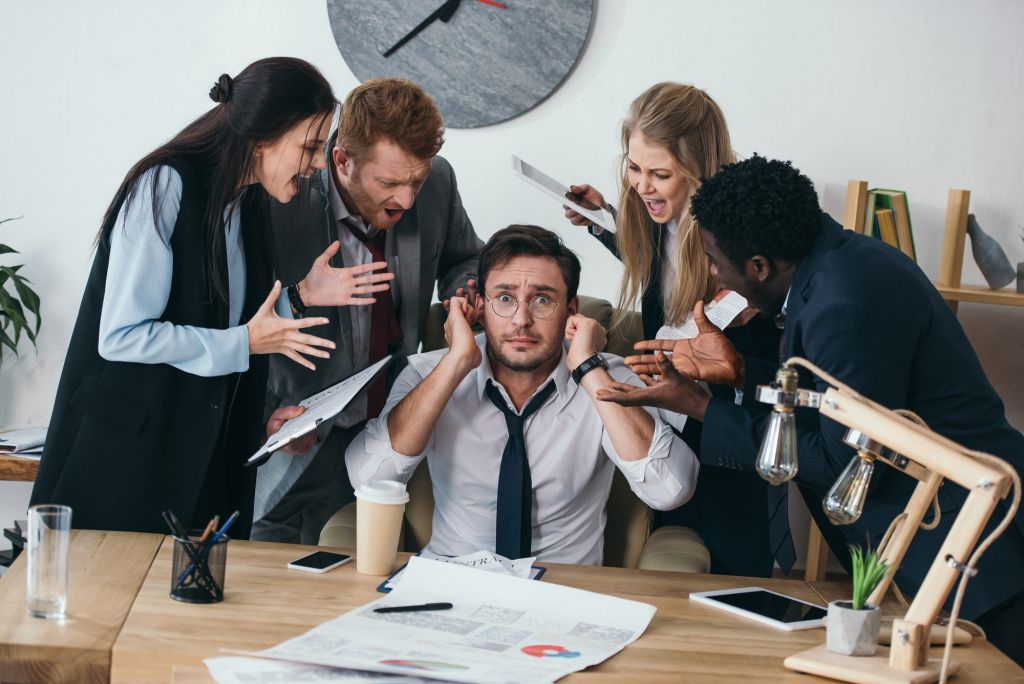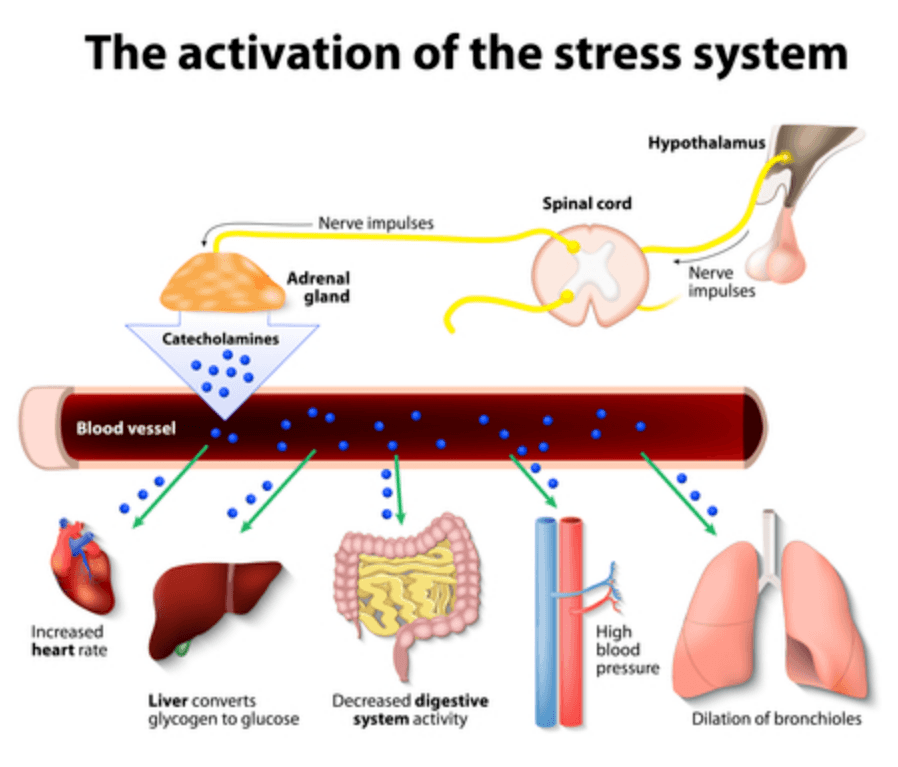- in Anxiety , Mental Health , Stress by Tony
Learn to Love Stress

Stress, in itself, is not a bad thing. What makes all the difference is how you cope with it. Stress usually throws our life out of balance, sometimes causing physical and psychological problems.
Yet stress cannot be avoided, and so it is worth thinking about how to make the best possible use of it.
More...

How can we do this?
Firstly, we shouldn't allow stress to worry or paralyze us, which only emphasizes its negative aspects. Secondly, we must try to learn to use pressure creatively to enable us to make positive decisions about our lives.
Stress can have the effect of 'waking us up', giving us more energy to respond to a crisis, and enabling us to confront it head-on, rather than avoiding it.
This extra lift is generated by the body's response to stress, which is to manufacture more adrenalin, the substance which increases the heartbeat.
This physical change creates a sense of renewed energy and possibly greater determination and confidence.
Types of stress
Many people actually need an atmosphere of tension at work, especially on projects which require a high level of creativity or intense concentration over reasonably long periods. Indeed some people find they are unable to work without such pressure.
The important thing about drawing vitality from pressure at work is to use this energy efficiently. Too often, there is a tendency to overwork because the flow of adrenalin gives you the confidence to push your body to its limits.
But there are dangers: periods of intense and highly energetic work may be followed by times of depression and exhaustion which make it challenging to keep up your enthusiasm.
Be sure to space out your work with rest periods which give you the opportunity to renew energy. Take time to eat balanced meals rather than snacks; relax to soothing music; take exercise to relieve the mind and strengthen the body, and be sure to get plenty of sleep.
Apart from work pressures, we face other types of stress. Take problems in marital relationships. Some people react by becoming over-absorbed in these difficulties to the detriment of other relationships and interests.
While sorting out problems, you should use the extra vitality occasioned by stress to expand yourself. Take up a new hobby; enrol in an evening class; get involved in voluntary work or choose some other means of getting into contact with other people to avoid brooding about yourself—as well as finding a constructive channel for this excess energy.

Using stress creatively
Energy and extra vitality are the body's natural reaction to stressful situations. Unfortunately, many people are alarmed by this reaction—and try to overcome it by resorting to tranquillizers. If you do feel disturbed by these physical reactions, see your doctor who can advise you on other ways of dealing with stress.
There are many other ways of using stress which emphasize its positive aspects. Use the energy generated, but to avoid becoming over-stimulated or overexcited, try some relaxation techniques. Yoga and meditation are both useful for resting the mind and relaxing the body without draining vitality—in fact, and there is often a sense of renewed energy.
Some people use times of stress to make essential decisions about changing their lives. The energy created by stress can sometimes clear the mind and make you able to think clearly without being distracted. However, at times like this, you should avoid making hasty or rash decisions.
Assess whether you are merely reacting to the immediate situation or whether you feel able to take a longer and more sober perspective. One of the drawbacks of stress reactions is that you can feel over-confident.
Still, later, upon reflection and without the emotional intensity stimulated by stress, you may find it challenging to carry out the decisions you've made. The essential thing to remember is that stress is not itself bad: what matters is how you cope with it.